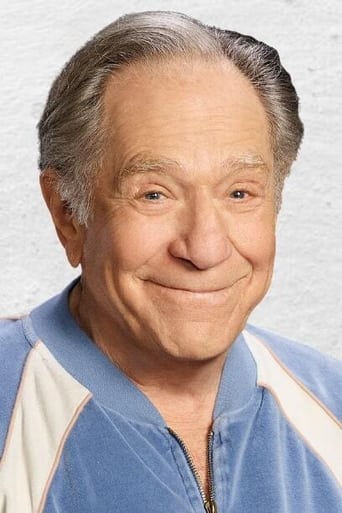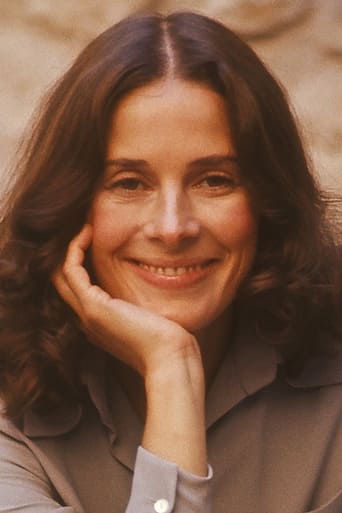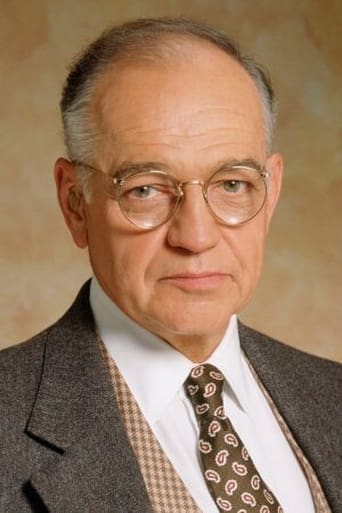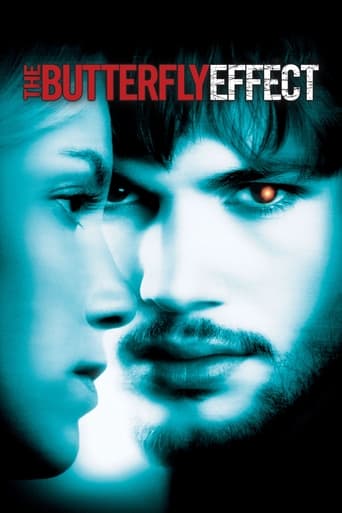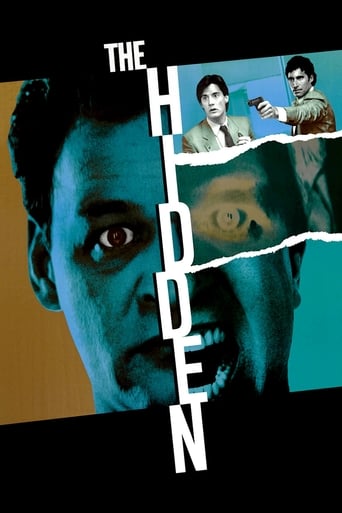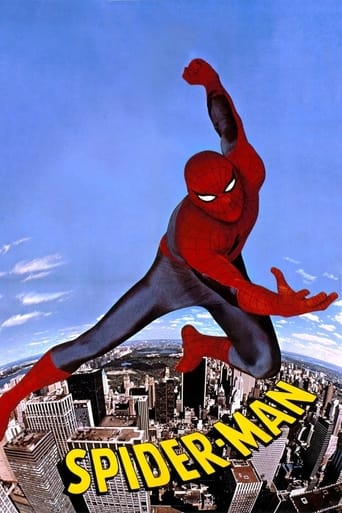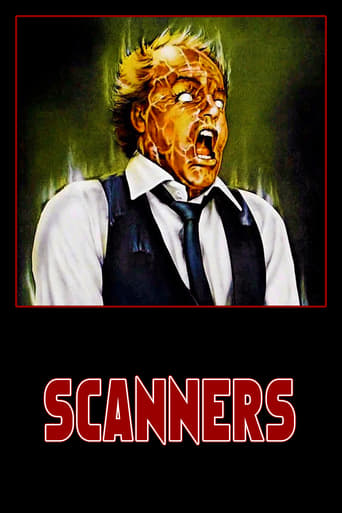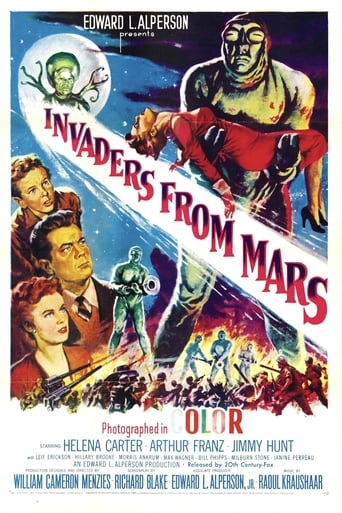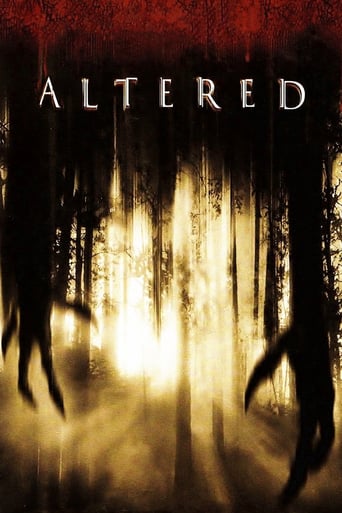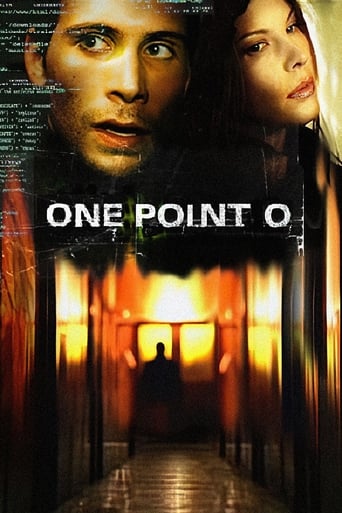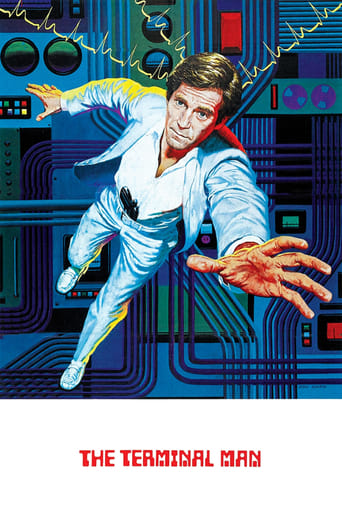
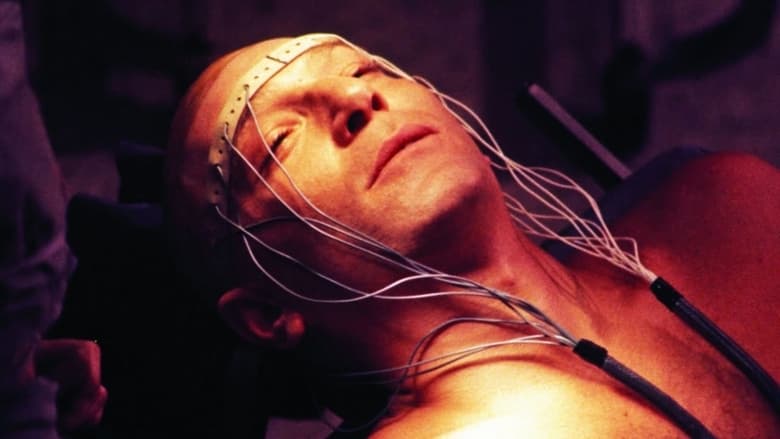
The Terminal Man (1974)
As the result of a head injury, brilliant computer scientist Harry Benson begins to experience violent seizures. In an attempt to control the seizures, Benson undergoes a new surgical procedure in which a microcomputer is inserted into his brain. The procedure is not entirely successful.
Watch Trailer
Cast
Similar titles
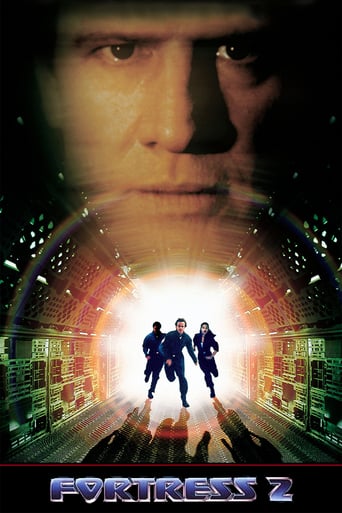
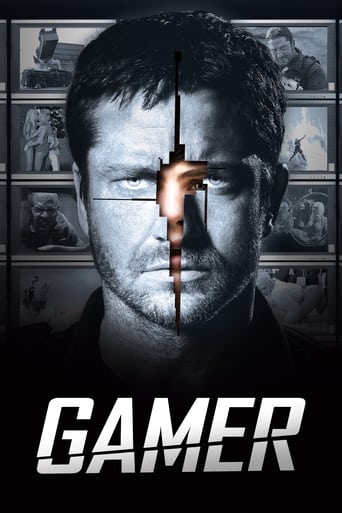
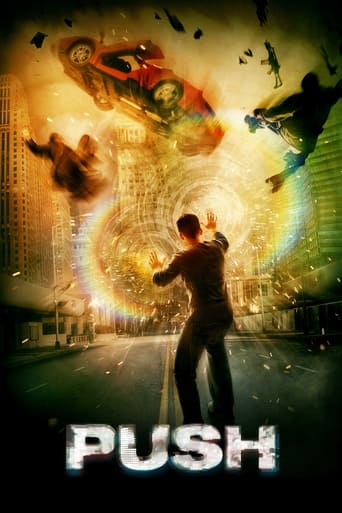
Reviews
You won't be disappointed!
Great Film overall
A brilliant film that helped define a genre
A clunky actioner with a handful of cool moments.
I'm a big admirer of the writer Michael Crichton. Perhaps I'm a bigger admirer of his work than I am a fan of it, if that makes sense. I admire and tremendously respect Crichton because he was one of the sole Sci-Fi writers in history able to create an almost entirely new sub genre and yet remain creative and versatile within that sub genre. Even though his finest stories like "The Andromeda Strain", "Westworld", "The Terminal Man" and even "Jurassic Park" are seemingly very differing tales, they basically do share the same basic concept, namely artificial technology and/or science that develops and turns into a giant menace to the same human that created it. I'm also a big admirer of Michael Crichton because he was a very intelligent person – probably one of the only Sci- Fi/thriller novelists with a Harvard Medical School degree – and thus knew very well what he was writing about. The films he directed, as well as the ones adapted from his novels, are often extremely complex, talkative and stuffed with professional jargon. That's not because he was pretentious, but because he was an expert. Crichton referred to "The Terminal Man" as the worst adaptation of his work, but maybe that has to do with personal resentment because he was initially set to adapt his own novel and direct, but got fired by the directors. "The Terminal Man" is everything but a bad film, although it's fairly easy to see why many people dislike it. The brief plot description promises an exciting concept of a man suffering from psychosis who agrees to participate in a scientific/medical experiment in which a tiny computer is implanted in his brain that will keep his violent impulses under control. Although seemingly successful at first, the man's brain somehow becomes addicted to the little shocks that the electrodes are sending out, resulting in the triggering of even more violent impulses. If you read it like this, "The Terminal Man" sounds like a tense, exciting and action-packed thriller, but instead it's actually a slow-brooding, atmospheric and integer drama. It all is a bit misleading perhaps The premise speaks of "A man suffering from a mental condition that often causes him to become homicidal", but we are only introduced to Harry Benson when he obediently awaits the operation and remains very calm and docile at all times. There are only a few photographs to indicate his violent nature. Then the operation itself is almost shown integrally, which raises the impression to last forever. Then, finally, the plot describes how Benson – and I quote – "escapes from the hospital and goes on a spree of violence and murder". Well, first of all, there's a long period of time between the operation and the escape in which barely anything happens. The so-called spree of violence and murder is somewhat exaggerated as well, since Benson only commits one murder (although admittedly a very savage one). However, to compensate for the lack of action, we do receive – next to the intelligent and tense script – a continuous series of extraordinary beautiful camera angles, compositions and set-pieces. Director Mike Hodges ("Get Carter", "Pulp") literally turns the film into a work of art, with stunning cinematography and exquisite use of classical music. I honestly wished for "The Terminal Man" to benefice from a faster pacing, a bit more background to Harry Benson's character, a bit less medical mambo-jumbo and a few more brutish murders.
I agree with a previous reviewer, Spencer from NY. This movie is great for so many reasons. I've heard a similar complaint by someone that the movie doesn't move fast enough, but to my mind it moves at the perfect pace for its particular storyline development and overall tonality. So I agree again with Spencer that this movie shouldn't be judged by the standards of today. If you've not seen the movie, give it a chance. George Segal's great. Joan Hackett's definitely a darling, one I've not seen in awhile. The movie can also provide you with something deeper to ponder than just entertainment for entertainment's sake, if you are the seeker type in search of anything that helps you delve into your own existence. One more thought about George Segal: he did a great job in Who's Afraid of Virginia Woolf, alongside the wonderful Sandy Dennis, Elizabeth Taylor, and Richard Burton. See this movie if only to enjoy more George.
There are several premises in this film which may or may not be acceptable to the viewer, which will then determine whether or not you will like this film.It was made in 1974. Anti-depressants and mind control were very much topics for discussion, as was Scientology. Can psycho-surgery cure rage and epilepsy? That is the question asked.Joan Hackett is very good as the psychiatrist and Richard Dysart the knife happy surgeon. George Segal as the patient prone to violence has not much of a part here. The Jill Clayburgh character is downright clichéd and annoying.Some of the scenes are effective such as the murder of Angela (Clayburgh) and the network of blood on white tile. The shower scene with Hackett is derivative of "Psycho" and Hitchcock down to the stark white interior.Overall an interesting commentary on psychiatry and neurosurgery by Michael Crichton who had written this book, I do recall reading it years ago. It was new age before we had new age. A frightening look at medicine, psychiatric issues, and mind control. I would recommend reading the book for a clearer picture of the author's intent.
Although this movie is weak as a 'thriller', its real power is its evocative sense of place and the emotional texture of science as it was seen in the 1970s -- sombre and dystopian, yet strangely attractive. The plot centres on a group of scientists and doctors who are pushing the frontiers of neuroscience by implanting a computerized chip in the brain of a man (George Segal) afflicted with terrible seizures. The chip is programmed to shock the patient's brain each time a seizure is about to happen. The effort is prestigious, the technology flawless, and the doctors, scientists and technicians react to the initial success of the project with a certain conceited arrogance. Only when the the chip malfunctions, and the patient breaks out of the hospital and starts killing people, does the veneer of omnipotence and professionalism fall away, revealing in the scientists ambition, uncertainty, and humanity. Segal does a good job of portraying the wildly changing emotions of a man who's mind is under the control of a computer. At the push of a button he can be made to laugh, cry, scream, babble like a child, or even become aroused, as the computer chip in his brain explores his mental map. It's a study that would be interesting to fans of Oliver Sacks. The most interesting moments of the movie are the early ones, where the patient interacts with his dispassionate doctors in the sterile, streamlined chromium world of the hospital. The doctors and scientists seem like mechanical, perfected reflections of the technologies that surround them. The messy humanity of the patient, demonstrated through humour, fear, weakness and anger, stands in contrast to his surroundings, and it is not surprising to the audience when he disappears from his hospital room.Scenes of the doctors in tuxedos and evening gowns at a dinner party while a shiny computer console monitors their ailing patient lend the robotic professionals a strange, formal humanity, at the same moment in the movie when their own fallibility begins to be revealed. Both technology and technologists promise perfection, and in the end both are revealed as imperfect and unable to overcome the challenges of the human condition - sickness, insanity, violence and death. Once the patient leaves the hospital, the movie shifts to a more conventional 'crazed murderer' theme, and things become less interesting. It is this shift that cripples Terminal Man and prevents it from being the science fiction classic it might have been. The movie closes with a disappointing, clichéd 'Big Brother' riff on mind control and the future. This is still a movie worth watching, however, if only to get a glimpse of how the 1970s saw the near future. There are endless details for the technophile, from absurdly technological architecture to atomic batteries to ancient video terminals to mainframe computers to futuristic touchtone telephones. The technological landscape is presented with a glistening newness that evokes movies like The Anderson Tapes, Coma, Westworld, and The Andromeda Strain (the last three of which, like Terminal Man, were written by Michael Crichton). The set design and the soundtrack (mostly Bach, No. 25 in the Goldberg Variations) create an inviting, peaceful sense of space that stands at odds with the tension of the plot. The clean, elegant world of Terminal Man is one in which you would want to live. Watch Terminal Man for the sets, for the music, and for its nostalgic sense of a forgotten future. Back in the 70s, this was the future everyone was expecting, if not hoping to find right around the corner. Like Andromeda Strain, Coma and the Anderson Tapes, Terminal Man is less a thriller and more a cultural time capsule. Get comfortable in your beanbag chair, turn on the lava lamp, and enjoy.
